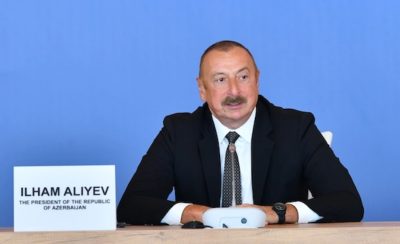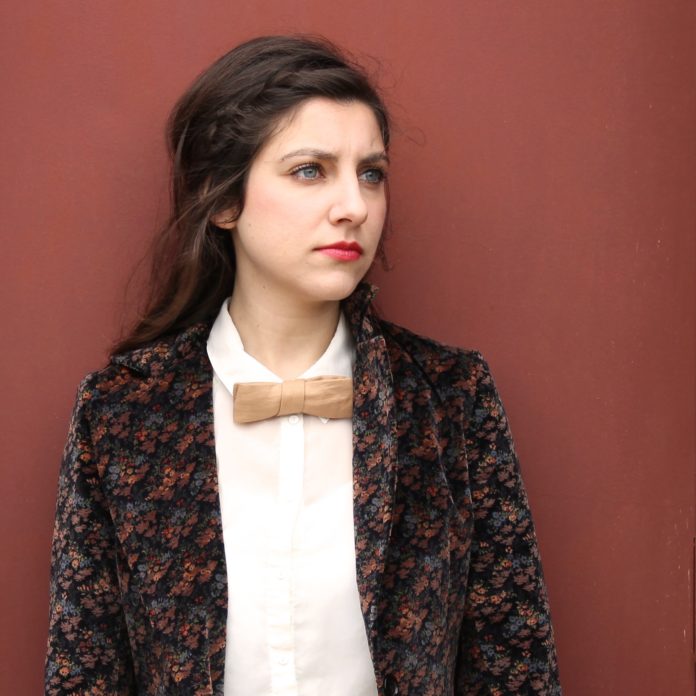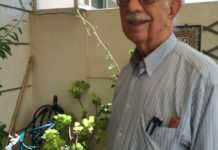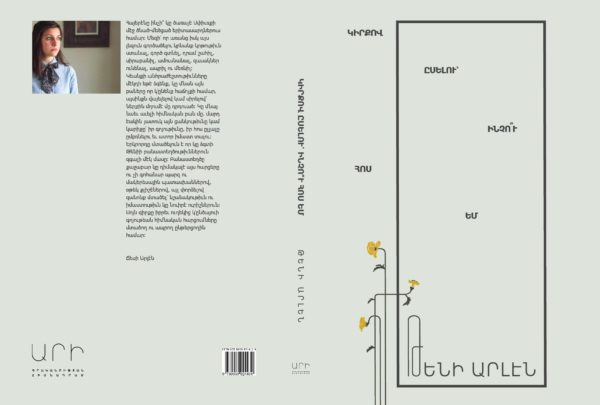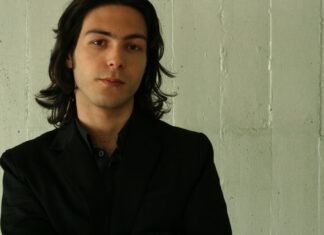LOS ANGELES — On Friday, May 20, the UCLA Armenian Studies Department in conjunction with the Promise Institute, presented the long-awaited publication of the first volume poetry written in the Armenian language by an American-born writer, the late Tenny Arlen of California.
The event, which was attended by teachers, faculty, students, friends and family was also broadcast over Zoom.
Numerous speakers stressed the landmark historical character of this event, as in the over 125 years of development of the Armenian community in the United States, this is the first time a volume of creative writing (poetry or prose fiction) written in the Armenian language by a US-born author has been published.
Those knowledgeable of Armenian-American community history will recall that the William Saroyan was the first American-born Armenian writer to gain widespread recognition. Although Saroyan was born to immigrant parents from the Ottoman Empire and was fluent in conversational Armenian, apparently his writing and reading skills were weak or nonexistent. (He did once write an entire play in spoken Armenian using Latin script, but this has never been published.)
Master of Ceremonies was Prof. Hagop Kouloujian, lecturer at UCLA who teaches the beginner and intermediate courses in Western Armenian.
Tenny Arlen, who was raised in San Luis Obispo, far from the sizeable Armenian centers in the state, came to UCLA in 2011 with practically no prior knowledge of the Armenian language and began to study the “mother tongue” under Kouloujian. By the second year of language instruction, Arlen began to compose the poetry which has now been collected in the volume, Girkov useloo, inchoo hos em? (To Say With Passion, Why Am I Here?), and published by ARI Literature Foundation in Yerevan with the support of the Calouste Gulbenkian Foundation. The question in the title refers to the Armenian language itself, asking why it should exist in the Diaspora.
